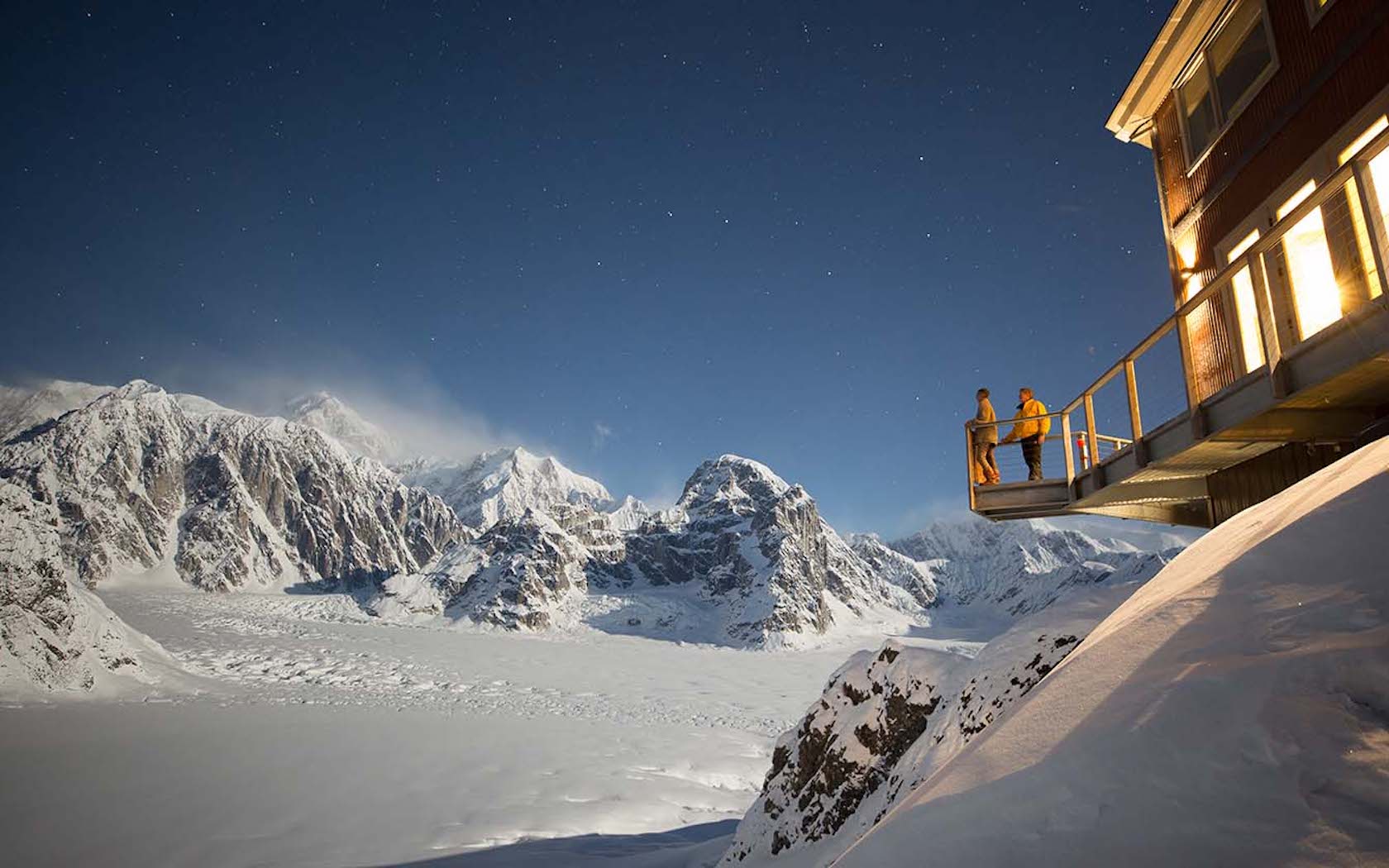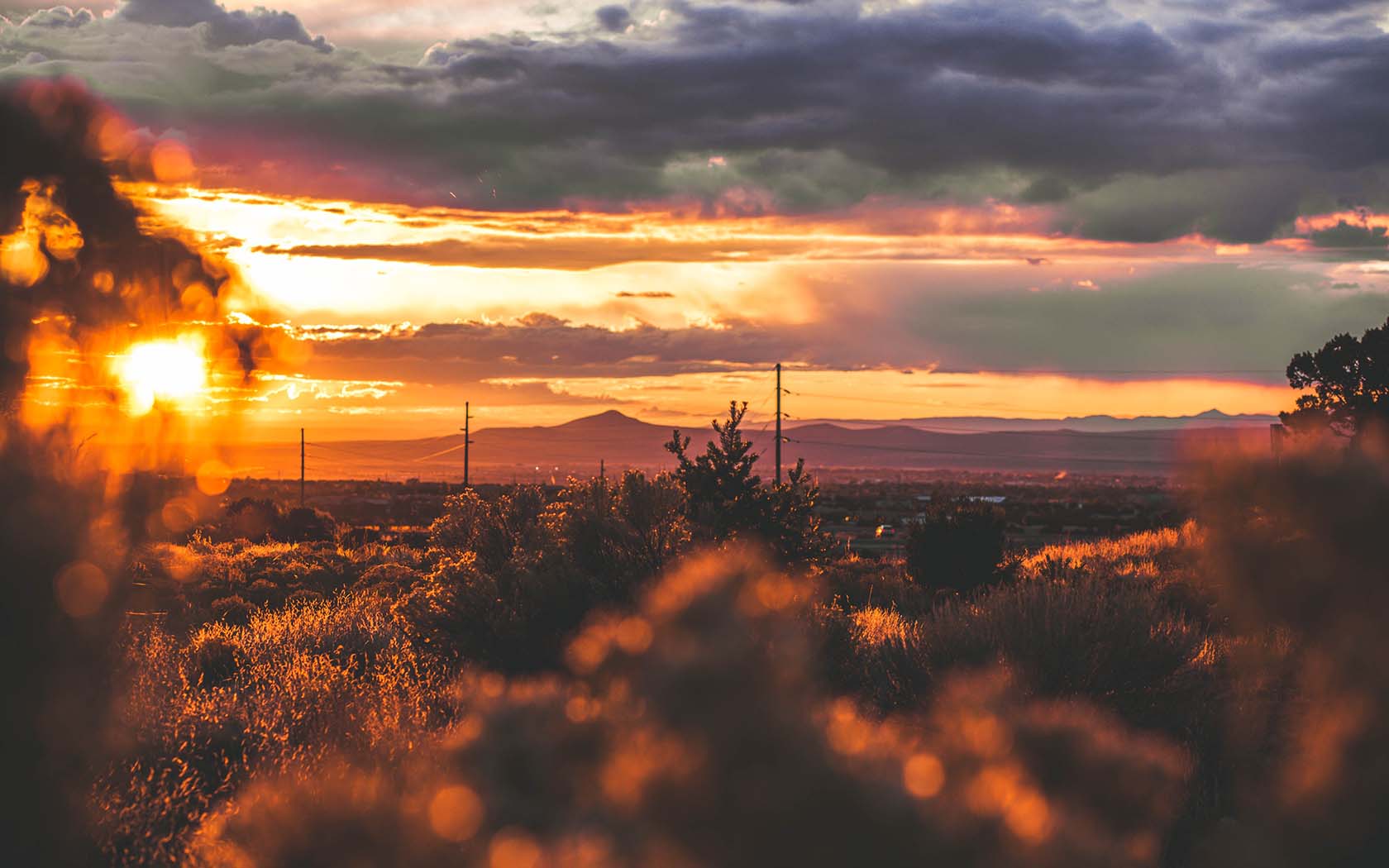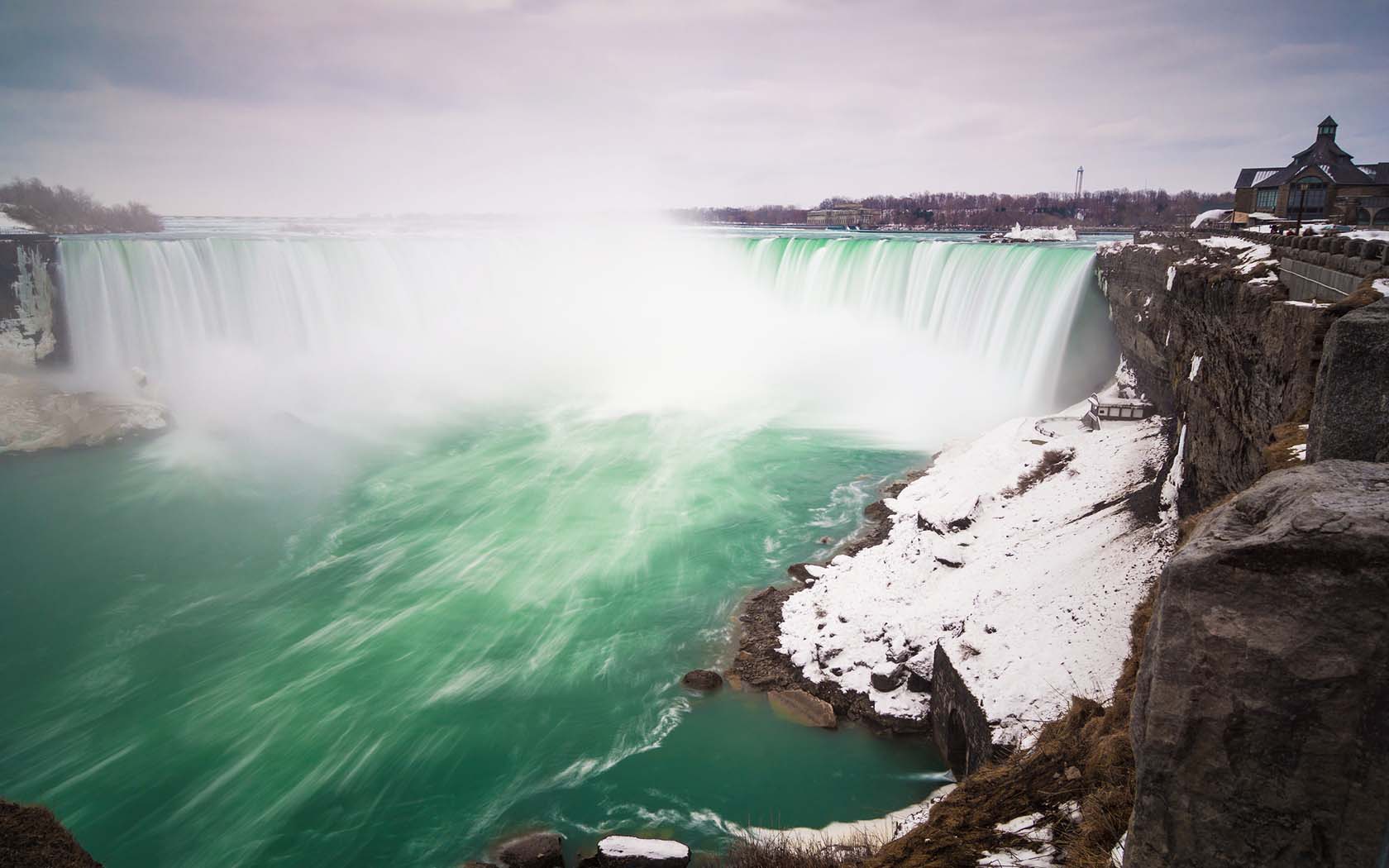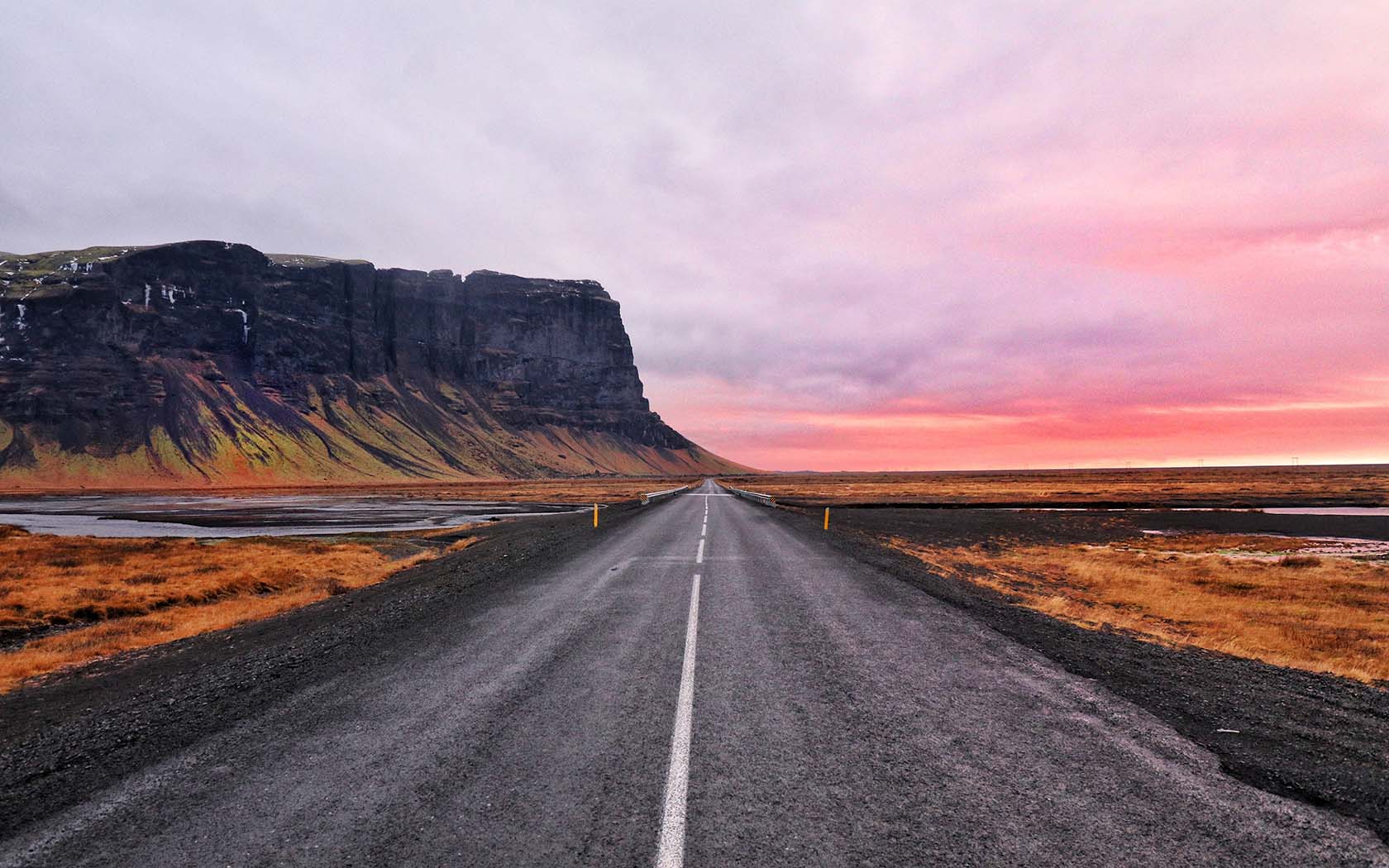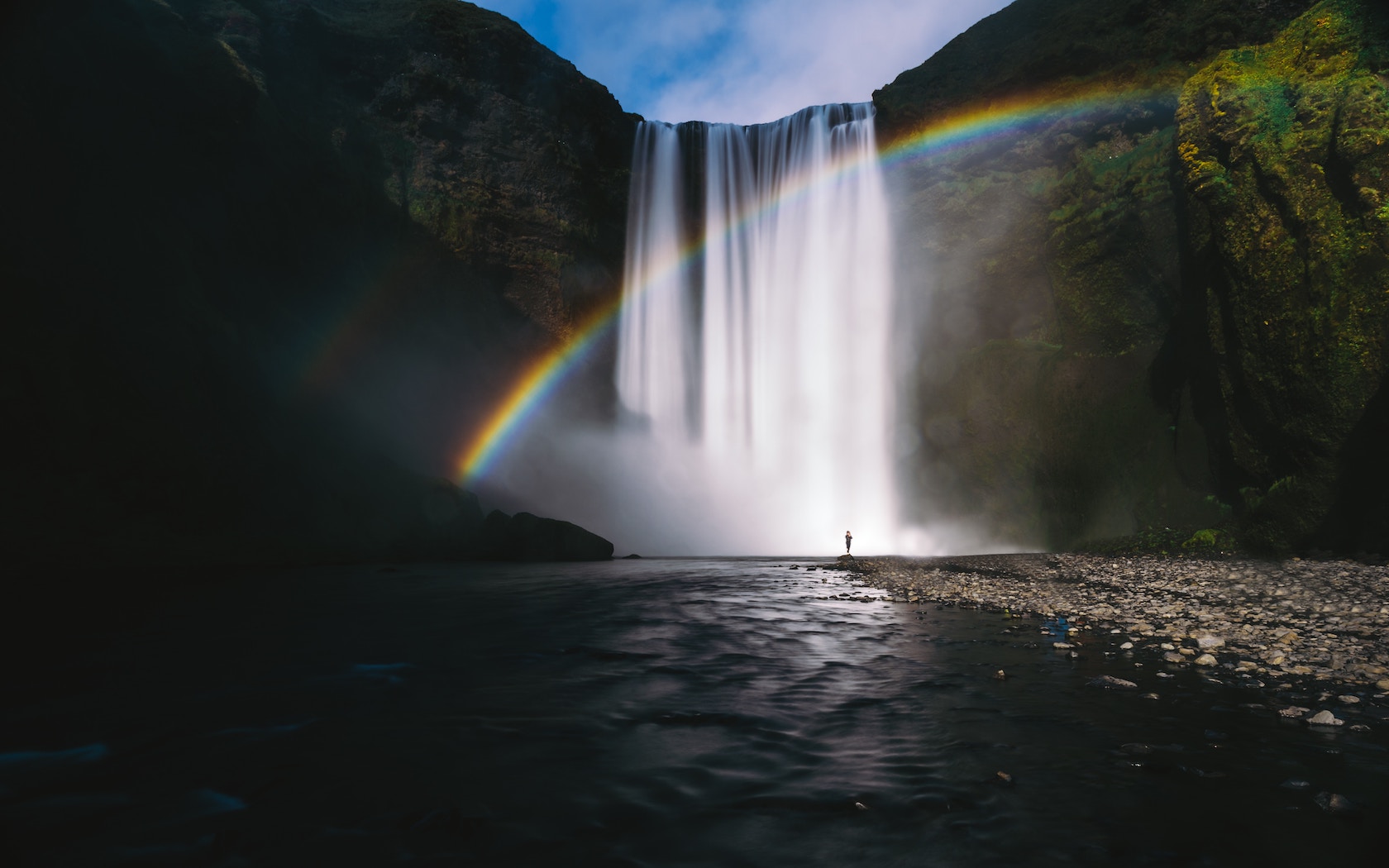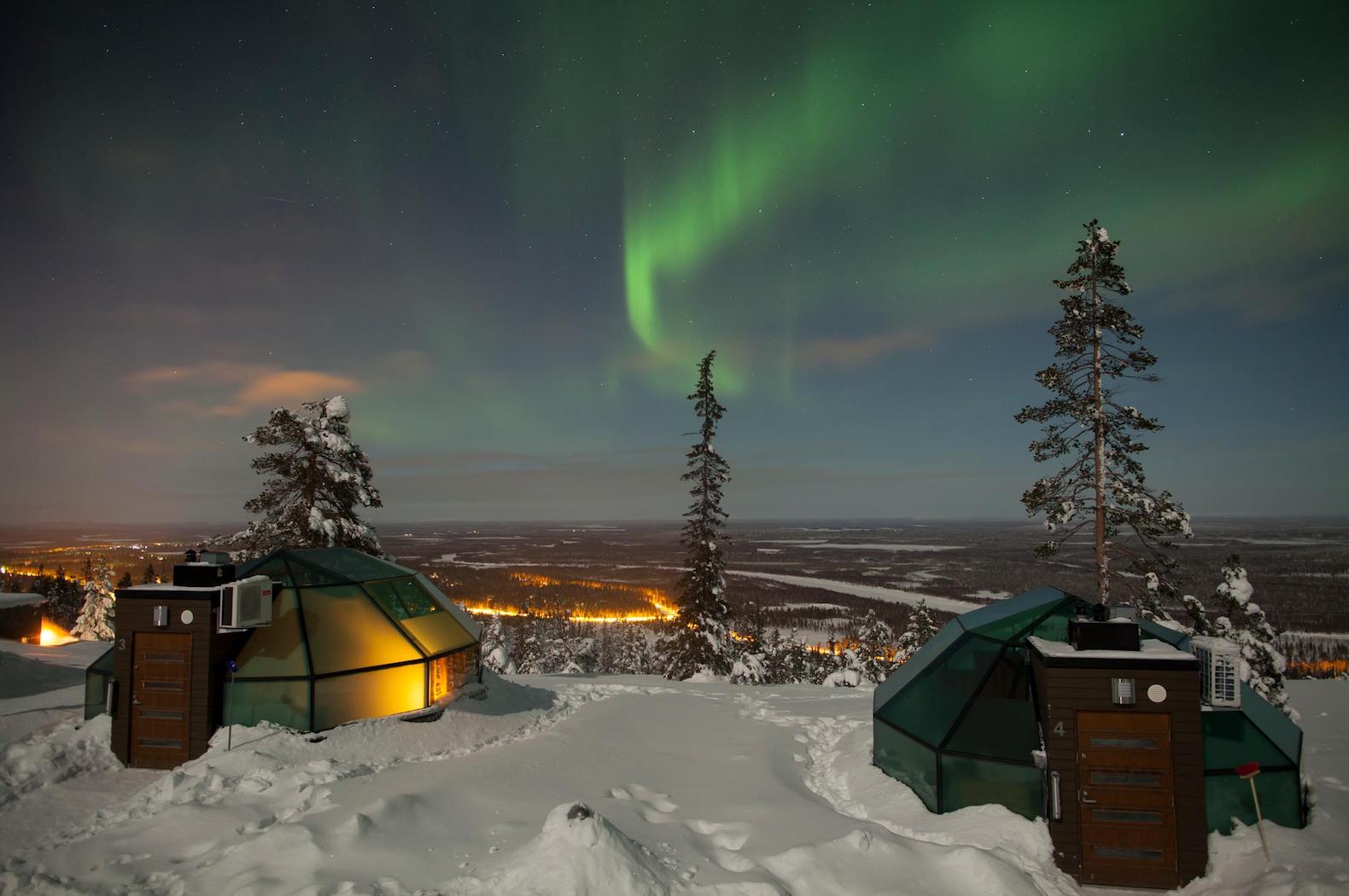Scientists Have Finally Figured Out What Makes Antarctica’s ‘Blood Falls’ Red
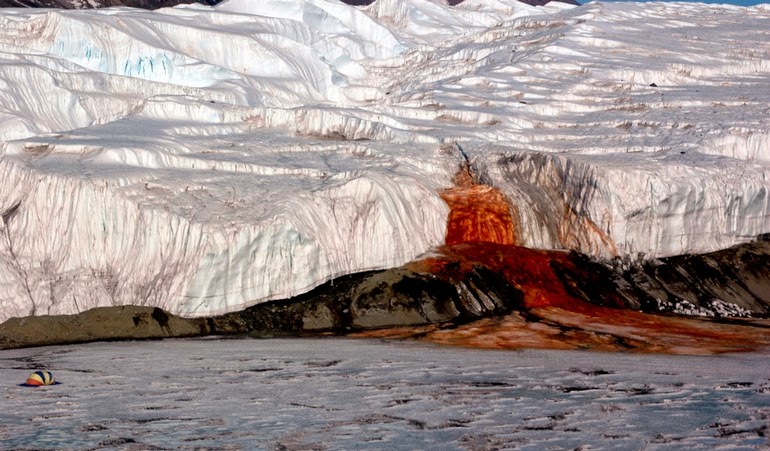
www.awol.com.au
It’s been baffling scientists since its discovery in the early 1900s: a river running bright red in the midst of Antarctica’s pure white snow. Now, scientists have figured out exactly why Blood Falls occurs. Spoiler: it has nothing to do with blood.
Located on the Taylor Glacier, Blood Falls was initially thought to be caused by algae. It wasn’t until 2003 that we discovered it was due to a large deposit of water underneath the glacier, and the red colour occurs when the iron in the water mixes with oxygen. But it still begged the question: how was water still flowing at below freezing temperatures?
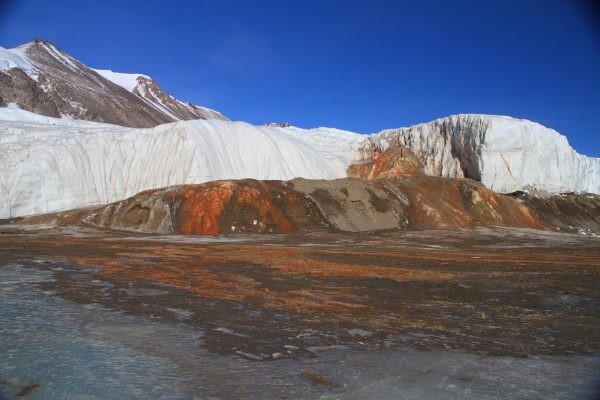
Adding the final piece of the century old puzzle, researchers from the University of Alaska Fairbanks and Colorado College have found that not only is there a large deposit of water underneath the glacier, it’s an entire water system that has been active for over one million years. The high amounts of salt in the water that turn it into a briney liquid and allow it to continually flow. It disproves the widely-held theory that water can’t flow continuously in freezing temperatures.
The other cool thing is how the scientists discovered this information. Instead of drilling into the glacier, which could have a negative impact on the landscape, they used radio-echo technology. Co-author Christina Carr explained it this way: “We moved the antennae around the glacier in grid-like patterns so that we could ‘see’ what was underneath us inside the ice, kind of like a bat uses echolocation to ‘see’ things around it.”
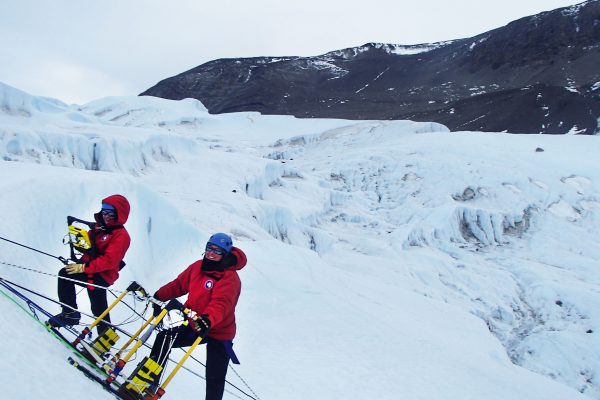
Pretty cool, huh.
There’s a lesson in this, really. If you’re looking to squash a scientific theory, look for the red flags.
(Lead image: Mal. Campbell/Flickr)
If you want to start making big discoveries, you know what to do.
www.awol.com.au




